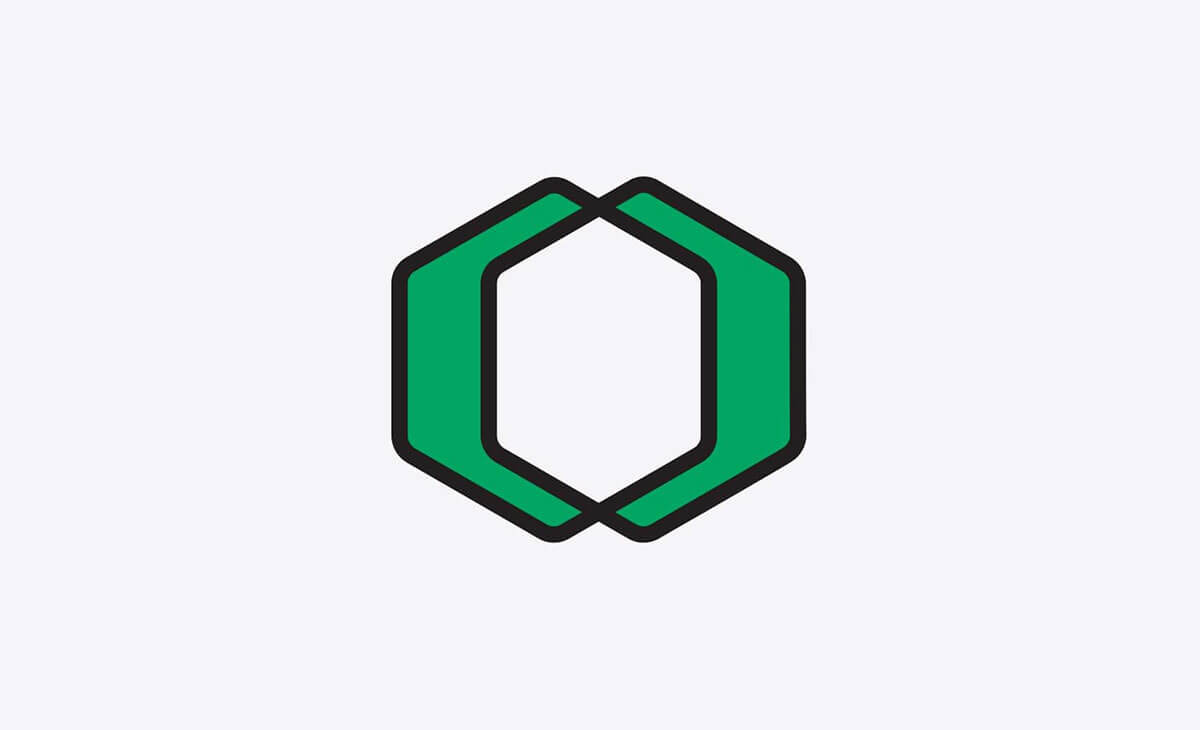Q. What have you been up to since leaving Weil?
After I left Weil, I co-founded Kira Systems, a leading machine learning contract analysis software company, with Alex Hudek, who has a Ph.D. in computer science. We created an innovative system to extract and analyze key details from contracts. At Weil, I did and supervised a bunch of contract review work. I came to realize that (i) corporate lawyers spend a vast amount of time extracting data from contracts, (ii) they make a lot of mistakes in the course of doing this work, and (iii) they tend to be reviewing contracts for the same provisions over and over again (change of control, assignment, restrictive covenants, etc.). Since lawyers were often looking for the same information across contracts, we thought we could use stateof-the-art computer science to help them find and extract this information.
It was just the two of us when we started, and our team has grown to more than 25 people. We’ve never taken in outside financing, so all of that growth is driven by revenue. Kira means “ray of light” in Sanskrit, and we chose this name because we shed a ray of light on contracts, supplementing lawyers in finding information they seek in them. I also just finished writing a children’s book on machine learning called Robbie the Robot Learns to Read. I have two young sons (my wife, Jennifer Waisberg, is an ex-Weil senior associate who left the Firm to focus on mothering less than a year ago), was reading a lot of children’s books, and I thought a book for kids on machine learning would be something that people would get a smile out of. As it turns out, it’s the world’s first children’s book on machine learning. We’ve gotten very positive feedback on it so far, and some Weil people have copies.
Q. What’s a typical day for you like?
My typical day is consistently longer than it was at Weil, though steadier and more predictable. I probably spend 30% of my time interacting with current and prospective clients, trying to show them that we care about them, that we can help them, that we’re a serious company. I spend a decent amount of time speaking and writing as well. I’ve spoken at South by Southwest and ILTACON (the primary legal technology conference), among others. I spend the balance of my time on product, general management, and HR. Management and HR have been taking a greater portion of my time as we’ve grown.
Q. Which vision goals have you set for Kira? Any new products or innovative services you are working on that you can share with the Weil alumni network?
We’ve been on a pretty quick pace of growth and would like to keep pushing it that way. Our system has been used on more than $100 billion worth of transactions since we launched, but we realized that there was a lot of demand beyond the M&A space. For instance, large companies are interested in using us to find out what their contracts say, so they can know what their commitments are. In fact, we changed the company name from DiligenceEngine to Kira Systems about a year ago because of this broadened scope. There is an increasing number of companies entering our sector, but we think our technology and interface are superior. We continue to enhance our system. For example, we have lawyers, like one who was an M&A partner at an Am Law 100 firm, teaching the system how to recognize even more contract provisions. And users can teach our system themselves to find what they are looking for.
Q. What are the challenges of starting your own business and some of the most important lessons you’ve learned?
It’s exceptionally hard. Building the technology was much more difficult than expected, and then getting people who say they are interested to actually pay money was not easy. That said, it can work out – our system works, and people now pay. As we’ve gotten bigger, we’ve put a lot of focus on writing down our values and goals, whereas before we would have just focused on simply working away. We also spend a lot more time communicating those values and goals to team members. We have a weekly all-team meeting. And my partner and I literally sit in an open room next to each other, with lots of colleagues around us. People get a lot of exposure to where we think the company should be culturally. People from Weil have been very helpful with introductions, trying our system, and providing feedback. I’ve definitely applied what I learned at Weil, from people like Don Whittaker, who taught me lots about due diligence done right, and Tom Roberts who illustrated how to communicate in a client-focused fashion. I also learned a lot about negotiation and treating clients right from lawyers including Howard Chatzinoff and Bill Gutowitz.
Q. What do you love most about your job?
I love a lot about my job, but my favorite thing is the impact we’ve had. I used to do this work as a junior associate, and now our clients do that same work as well or more accurately in 20% to 60% less time. Some of the world’s biggest and best professional service firms are users, as are some neat companies.

